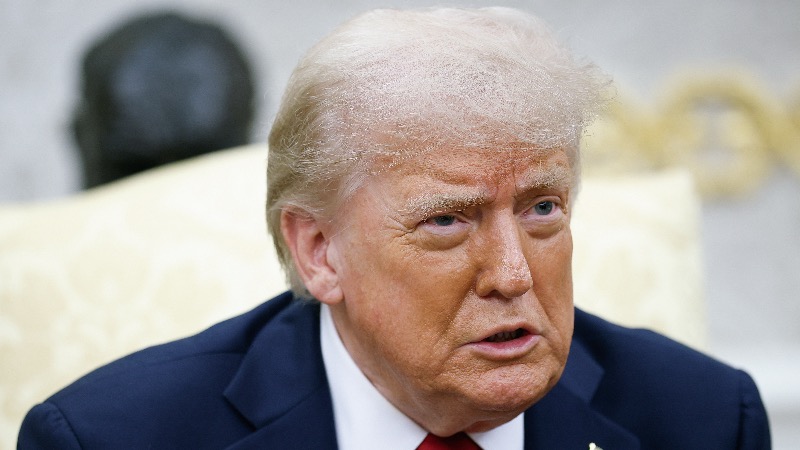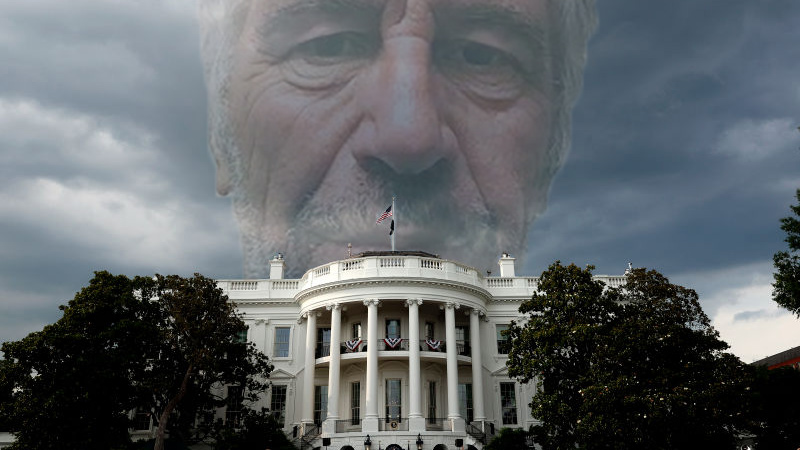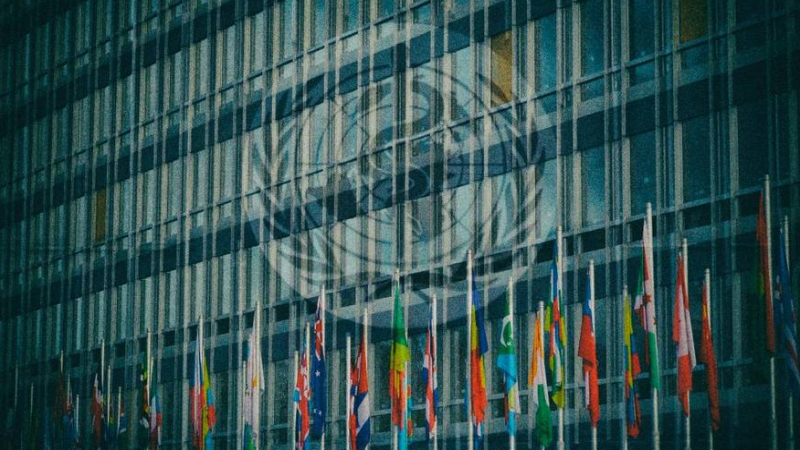TRUMP DOJ Blocks HHS/FDA/EPA From Removing Poisonous FLUORIDE From Our Drinking Water!!

Report: Ghislaine Maxwell Willing to Testify to Congress on Epstein’s ‘Client List’

Trump Gives Russia 50 Days to Make Peace With Ukraine or Face “Very Severe Tariffs”

Court Rules That Germany Must Grant Entry To Thousands of Afghan Migrants

Germany’s highest administrative court has dealt a major blow to the government’s migration policies, and ruled that Berlin must grant entry visas to thousands of migrants from Afghanistan. Foreign Minister Johann Wadephul confirmed that the ruling is “legally binding,” […]
The post Court Rules That Germany Must Grant Entry To Thousands of Afghan Migrants appeared first on The People’s Voice.
Ron Paul: Mistrusting Government about Epstein and More

WHO Medical Tyranny Amendment Set To Drop — Special Report

